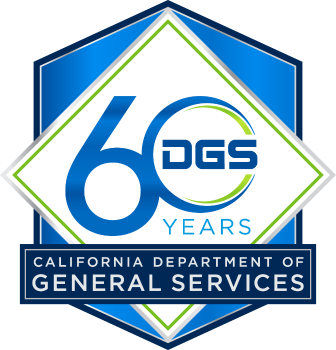STATE PUBLIC WORKS BOARD (PWB) LEASE-REVENUE BOND PROGRAMS - 6873
The PWB is authorized to issue lease-revenue bonds to finance acquisition and construction projects when such projects are authorized by the Legislature.
In a typical project, the department leases the site for a nominal fee to the PWB, although for some projects the PWB may acquire the site directly. The department then constructs the project as PWB’s agent. The PWB leases the completed facility back to the department for a rental fee equal to the amount needed to provide for the debt service on the revenue bonds and associated administrative expenses. Leases can be for periods up to 35 years, although 15 to 25 years is typical. The lease term cannot exceed the useful life of the capital asset.
The proceeds of lease revenue bonds need to be expended in certain time frames under federal tax law. Until spent, there may be restrictions on interest earnings. These limits need to be monitored for compliance with federal tax law and may factor into a determination of when bonds are sold.
Key highlights:
- The PWB adopts resolutions authorizing bond sales and setting policy guidelines for the issuance of its lease revenue bonds, works with the State Treasurer’s Office (STO) in preparing for the bond sale and sizing the bonds, executes key documents, has responsibility for providing certain disclosure information on an initial and continuing basis, and periodically reviews balances in bond fund accounts to determine surplus status.
- The Department of Finance (Finance) has general powers of fiscal supervision pursuant to Government Code Section 13070, works with STO in preparing Appendix A (the state’s main fiscal disclosure document), may participate in rating agency meetings, prepares fund condition statements as required for the bond sale and for continuing disclosure. In addition, Finance includes appropriations in the Governor’s Budget for lease-revenue rental payments based on calculations prepared in coordination with the STO.
- The State Controller’s Office and the State Auditor participate in the due diligence process and provide certain financial information necessary for General Fund disclosure in Appendix A.
- The State Attorney General’s Office also participates in the due diligence process and, together with bond counsel, provides a validity opinion for the issuance of the bonds.
- During a bond sale, departments provide project time tables, make recommendations to PWB/Finance on bond sizing, participate in due diligence meetings, and keep the PWB, Finance, and STO informed of any events with material impact on the project status or budget.
- The department manages the facility after construction and it is responsible for obtaining rental interruption, casualty (fire) insurance per facility-lease requirements.
- The STO is the agent for sale of PWB bonds, with all associated rights and responsibilities including appointment of the underwriter(s), setting the bond sale date, organizing document review meetings and due diligence associated with the sale, securing ratings and bond insurance (if any), and pricing. The STO coordinates continuing disclosure for PWB issues. The PWB’s current practice is to use the STO as a trustee of the PWB bonds and allow the STO to appoint bond counsel and to select a financial advisory services provider related to sales activities.
Revisions
No Revisions for this item.

